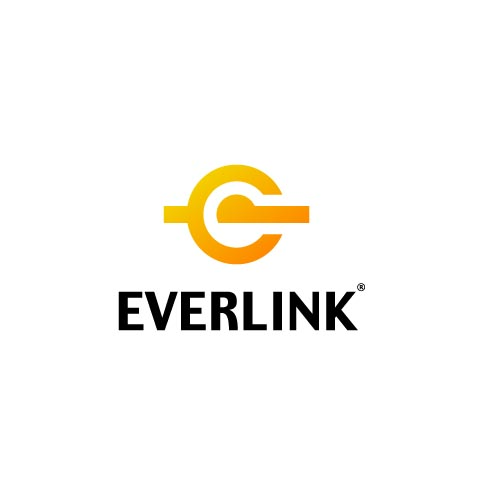1.What is the mission and vision of Everlink?
Vision – To be the leading provider of Comprehensive, Innovative and Integrated Payment Solutions and Services for credit unions, banks and SMEs in Canada.
Mission – CLIENT-CENTRICITY ABOVE ALL
• Continue to DIVERSIFY as a comprehensive, innovative and integrated Payment Solutions Provider, extending our core products and services and Expanding our Lines-of-Business, in alignment with a clear, understood and communicated Solution Roadmap.
• Continue to DIFFERENTIATE as a recognized Leader in the Payments Industry with Best-in-Class Performance, Innovative Solutions and Outstanding Client Service & Support.
• Continue to GROW through Expanded Market Focus, Joint-Ventures, Alliances and Partnerships.
2. Why is trustworthy digital identity critical for existing and emerging markets?
Since we live in a digitally connected world where digital interaction becomes the de facto mode of connection between 2 parties, it is essential that we have standards around how parties could identify themselves in a digital mode. This is beneficial to all markets and would become the cornerstone of the future digital economy. As digital identity becomes a norm globally, we become positioned for inclusive growth across all sectors and aspects of life.
3. How will digital identity transform the Canadian and global economy? How does your organization address challenges associated with this transformation?
In the financial sector, identity is an important component that allows transactions to happen in a compliant fashion. An identity standard would help the global financial sector innovate much further in an accelerated manner.
Everlink is one of the largest payment services firms in Canada. A digital identity framework upon which Everlink can develop new payment solutions will allow us to offer better solutions to our clients who do business worldwide.
4. What role does Canada have to play as a leader in this space?
Canada is already playing a thought leader role through many collaborative initiatives between the public and private sector, like the DIACC initiative. The adoption of digital identity by federal and provincial governments is not only an impetus to the Canadian private sector but to the different industry verticals and governments across the world. It is vital that the Canadian government projects initiatives like DIACC as Canada’s identity success brand and offer the rest of the world the offer to assist them and or collaborate with other similar initiatives globally.
5. Why did your organization join the DIACC?
Identity is an integral part of the payment ecosystem. Everlink is in the business of providing innovative payment solutions to the Canadian financial service ecosystem. We want to be part of developing and incorporating the Pan-Canadian Trust Framework DIACC into the products and services we offer to our clients.
6. What else should we know about your organization?
Everlink’s 4 Cornerstones:
1. Client-Centricity
2. Operational Performance
3. Innovation
4. Strength
Everlink’s Guiding Principles:
• We are Client-Centric – Above all.
• We must Earn Our Clients’ Business every day – There is no such thing as “entitlement”.
• We get things DONE – Urgency.
• We do What We Say, When We Say; We get it Right the First Time – Quality.
• We are Focused on the Future – But respectful of the past.
About Everlink Payments Services Inc. – Everlink Payment Services Inc. is a leading provider of comprehensive, innovative and integrated payments solutions and services for credit unions, banks, and SMEs across Canada. In addition to supplying best‐in-breed technology infrastructure and payment network connectivity, we offer a comprehensive range of integrated payments Lines of Business including: Payment Network Gateway, ATM Managed Services, Card Issuance & Management, Fraud Management Solutions, Mobile Payments, Professional Services and SME Solutions.
Visit us at www.Everlink.ca

